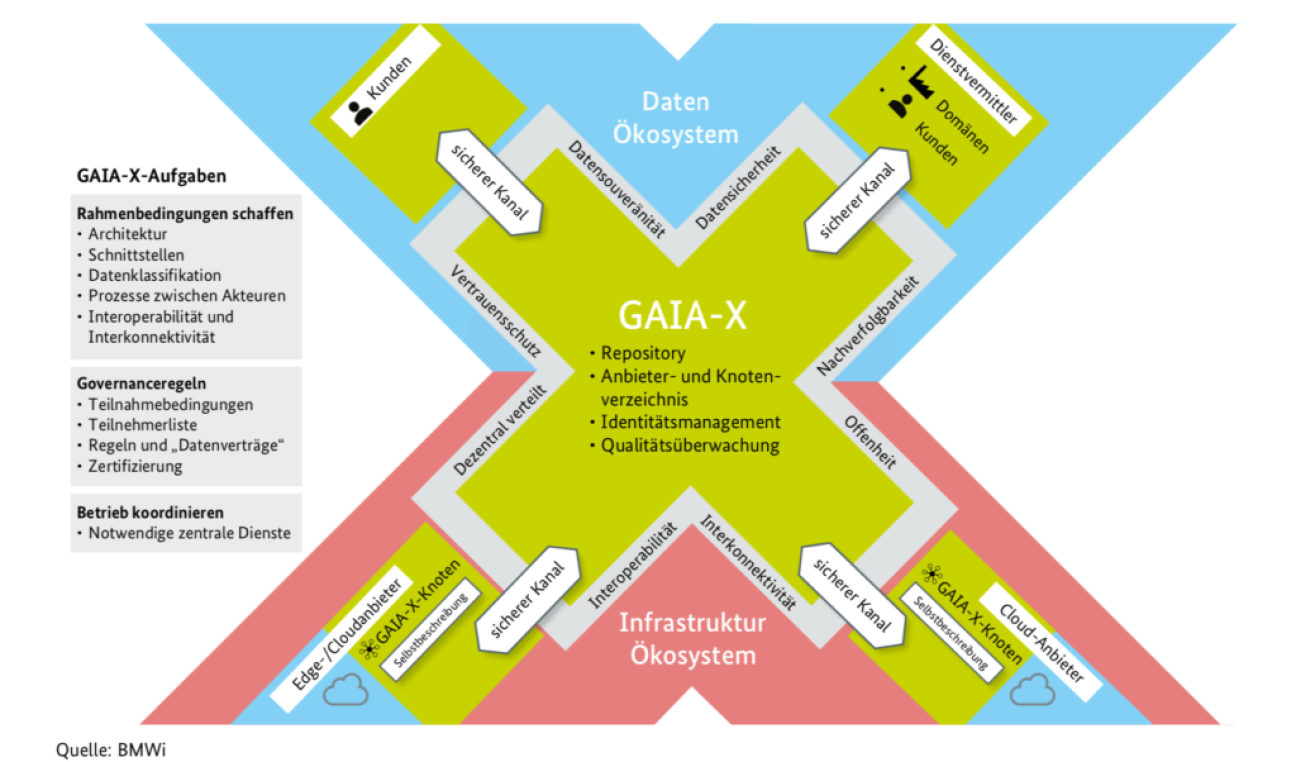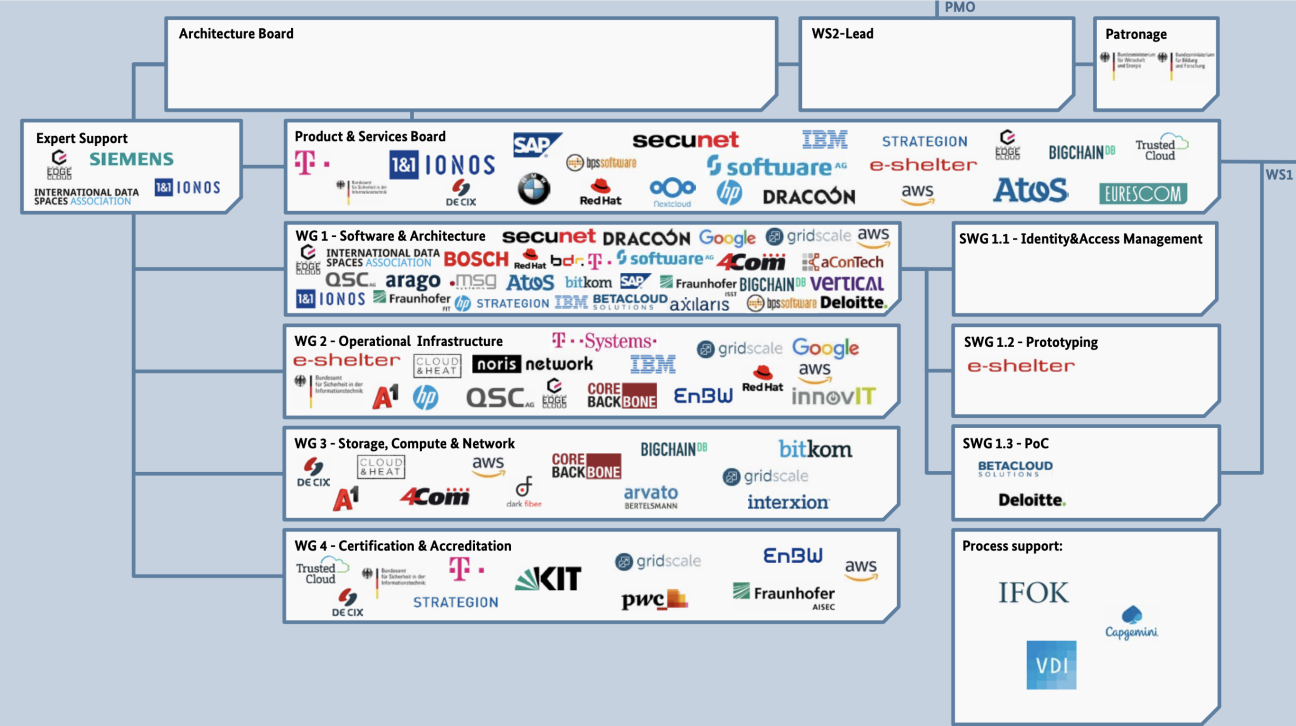Europe's GAIA-X project, meant to develop an alternative to US cloud services, has the participation of dozens of European companies. And the government is expected to pour in significant funds to support development of software solutions needed. But is anything like that needed? Is it even the best solution? While there might be gaps in the available technologies for Europe-hosted cloud solutions and money can help fill them, I'm not sure if technology is the real limiting factor here. Rather than have government pick the winners and losers in this market, how about we fix the rules that have created the digital monopolies today?
Host what you need where you need
One of these rules is the massive vendor lock-in that is allowed. There is nothing inherently wrong with cloud or SAAS solutions, they can bring great cost reductions to businesses and governments alike. But it should be possible to run these solutions where you, as customer, want. Not predetermined and locked into a specific cloud! For example, Office 365 delivers its customers an enterprise-ready online collaboration platform.
But you can't run it on your own company servers, or at IONOS, Europe's largest hosting provider, or at Telekom in Germany, if you like. You MUST run it on Microsoft's Azure infrastructure. And its lock-in goes further, of course. Once you are on Office 365, and especially when using some of its fancy features around encryption and key management, it becomes extremely hard to leave. Yes, you can be 'in control of the encryption keys', for what it's worth, as the software would obviously not work without the keys, so Microsoft has access to the keys anyway. But can you actually use these keys to decrypt the content of the documents you have on Office 365, or do you need to keep paying Microsoft to be able to access your own documents? Guess.

How about we change the rules
Perhaps a rule change here would help immensely and put the users of the software, be it governments, citizens or businesses, back in control over their data. First, let's decouple the software from the service so users can choose the cloud it runs on, be it internal, in Europe, or anywhere they like. And second, let's make sure that software is open source and itself can't be used to leak data or lock users in.
It would neither require huge budgets nor heavy-handed government regulations and interference in the market. Everyone can compete and offer their solutions, no matter where they are located or who they are. You want an online collaboration platform? Pick the one you like, pay one or more of its core vendors for services and support and host it where you like. You need a CRM solution? Do a public tender. Ask for open source solutions. Stipulate that the offer has to come from a qualified vendor, that is, not a random it company but a core developer of the product offered. Then do a tender for a cloud hosting solution. Is the data you are handling very sensitive? Maybe just host in house. A bit less sensitive? Pick a cloud hosting in your country. Not sensitive? Pick the cheapest!
No need to block vendors or countries. No accusations of anti-competitive regulation or trade wars. Just clear, fair and equal rules that everyone has to abide by.

We need an equal playing field
As Microsoft, Amazon and others want to do business, they will offer solutions. You don't become some of the worlds' most valuable companies by not playing in the market. So you will be able to use Microsoft Office 365 on IONOS. Or Collabora on Azure (you already can). Or Nextcloud on Amazon AWS, like SIEMENS does. Or, indeed, Office 365 on your own servers. This would increase competition, and as most free marketeers will tell you, that lowers prices and increases quality. Europe would have BETTER cloud solutions, AND cheaper ones! And, be in control.
If Europe, through the GAIA-X initiative, would set a goal of 50% of government IT spending on open source, on-premises solutions by 2025 and 100% by 2030, Europe's Digital Sovereignty would be guaranteed and it would give its local businesses what is needed to catch up and make Europe a leading global digital player.

